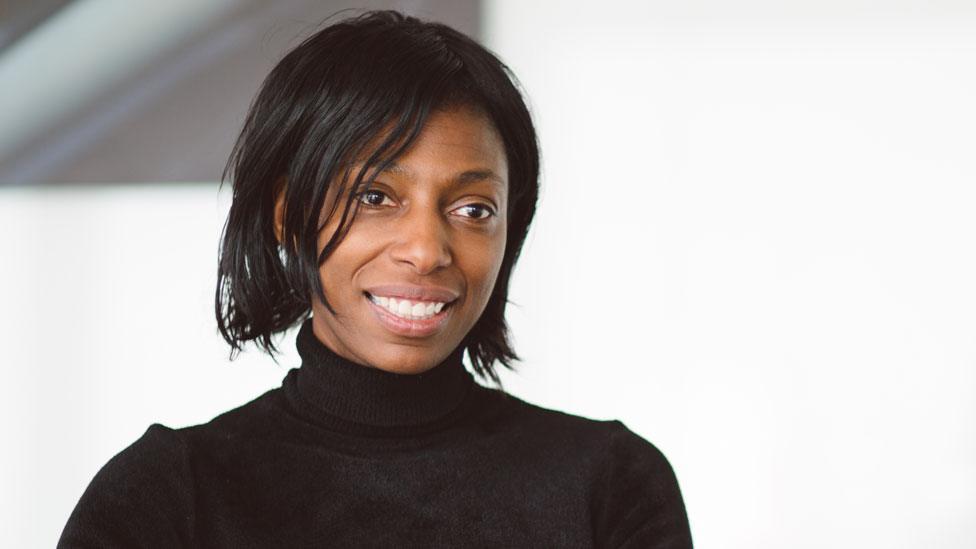Anita Rani says ‘posh white men’ should not be the default on TV
- Published
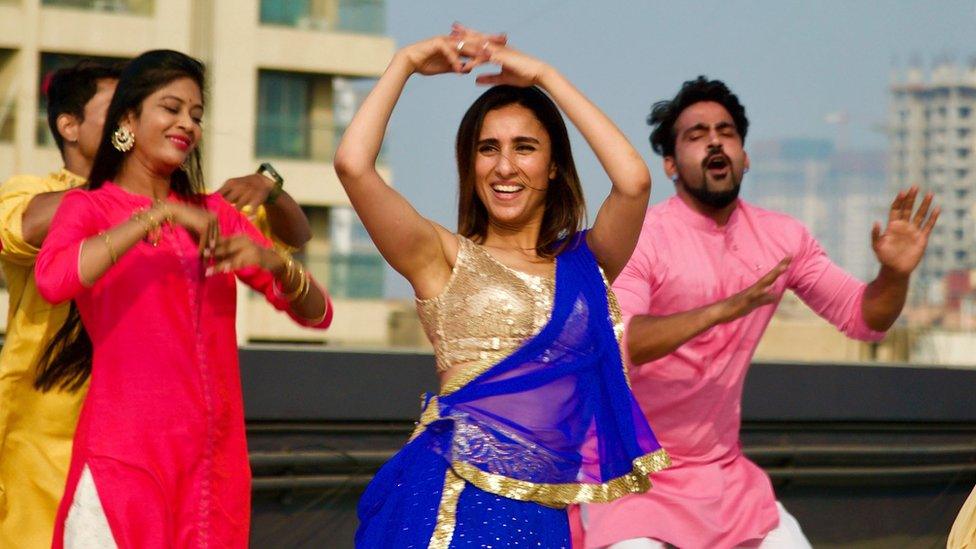
Anita Rani presented Bollywood: The World’s Biggest Film Industry
Broadcaster Anita Rani has said "posh white men" are the "default" on TV, while presenters from minorities have to justify their presence on screen.
The Countryfile host fronted a BBC programme about Bollywood last year but said executives were less keen when she suggested a follow-up about Hollywood.
"The question that came back was, 'Why you, Anita? We can understand why you'd make a programme about Bollywood.
"'But Hollywood? What's that got to do with you?'"
The former Watchdog presenter and Strictly Come Dancing contestant was speaking at Channel 4's Diverse Festival in her home city of Bradford.
She said: "I feel like I have to justify why I should present things more than anyone else because I'm an Asian woman. And on top of that, I'm blooming northern.
"You'd never think to ask a number of posh white men on TV, why did you get to present shows about train travel in India? Or whatever it might be.
"Because, you know what, they're the default. They don't need to worry about authenticity or what space they are taking up. I do all the time."
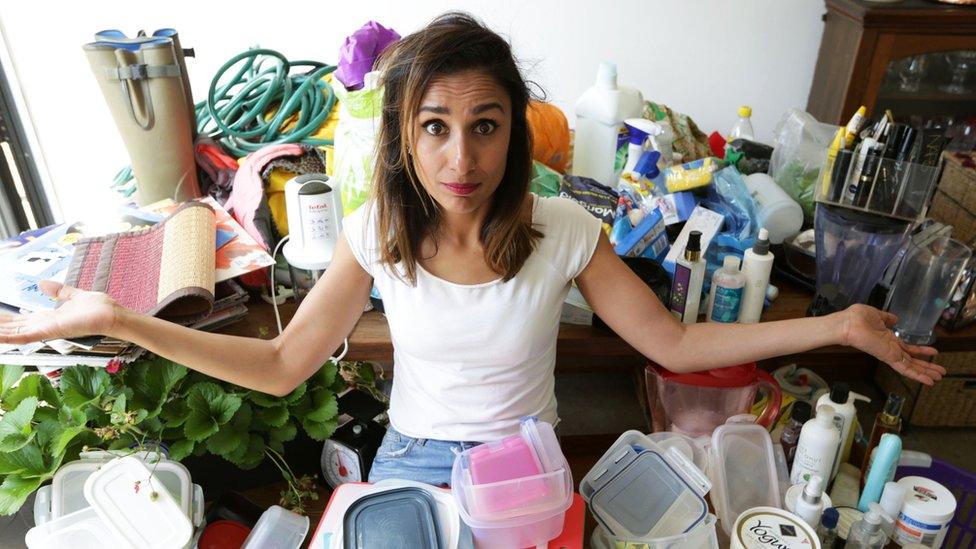
Rani can currently be seen presenting War on Plastic with Hugh and Anita
She said the Bollywood documentary was "a show I'd always wanted to make", but that she knew more about Hollywood than Bollywood. But the Hollywood programme has not been commissioned by the BBC.
When she met the production team for the Bollywood show for the first time, Rani was "the only brown face in the room", she said.
The team's lack of knowledge about Indian film "didn't matter because they're employed because they're damn good at what they do and we made a cracking two-parter", she added.
"However it was a missed opportunity to give somebody an opportunity."
More people from diverse backgrounds need to be given jobs behind the scenes before there will be real improvement on screen, she told delegates.
"Diversity behind the camera will automatically diversify in front of the camera."
'We commission ideas on their merit'
Rani also recounted a recent experience when a white researcher she had previously worked with said to her: "I'm working on a new project. I'm casting from the Asian community. How do I get in touch with them?"
A BBC spokeswoman said: "We're proud that Anita presents some of our most popular programmes including BBC One's War on Plastic with Hugh and Anita, Countryfile and The Victorian House of Arts and Crafts on BBC Two as well as the BBC's recent coverage of the marriage of the Duke and Duchess of Sussex.
"We have a wider variety of presenters and programmes than any other broadcaster, a range of initiatives to increase diversity on and off air, and commission ideas on their merit."
Monday's conference also heard from Channel 5 director of programmes Ben Frow, who said he told his commissioning team two years ago to make every show representative.
Now, "about 70% of our programmes are representative", he said.
'Falling short'
The channel has been working with production companies to find a more diverse range of experts.
"We've now reached a point where we're working with [those] experts to make them mainstream presenters as well, because on our mainstream presenting, we're still falling short and we've still got work to do," he added.
The conference came less than a week after Sir Lenny Henry told a House of Lords committee that "true diversity and inclusion" in the British films and TV industries was still in a "terrible" place.
Just 2.2% of UK TV is directed by BAME [black, Asian and minority ethnic] directors, while just one of the top 100 top independent production companies is led by a BAME person, he said.
"What can we do to increase true representation in television? The bottom line is it's all about the bottom line - how television is financed, its economics and who decides how programme budgets are spent," he said.

Follow us on Facebook, external, on Twitter @BBCNewsEnts, external, or on Instagram at bbcnewsents, external. If you have a story suggestion email entertainment.news@bbc.co.uk, external.
- Published4 August 2017
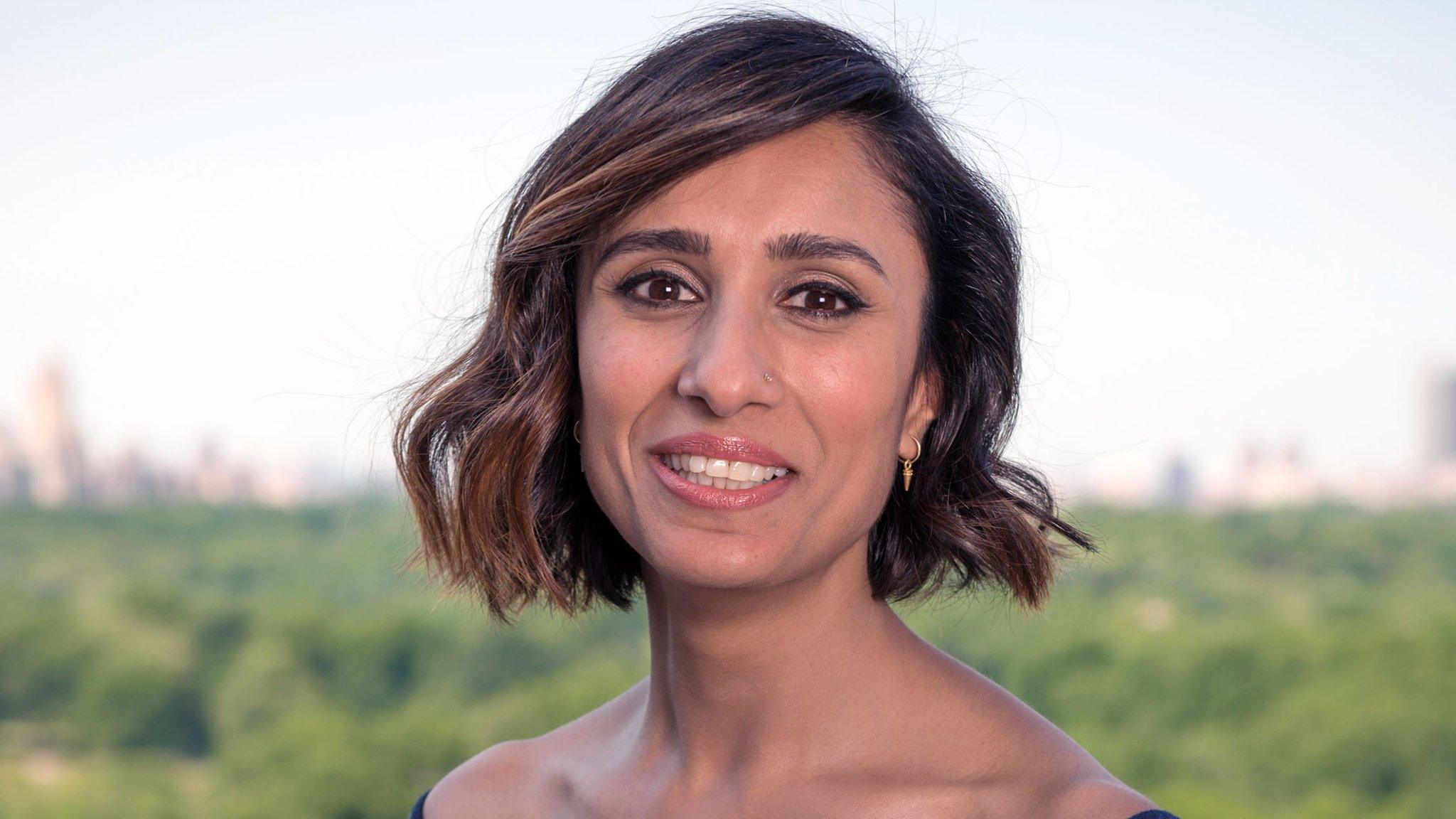
- Published6 November 2018
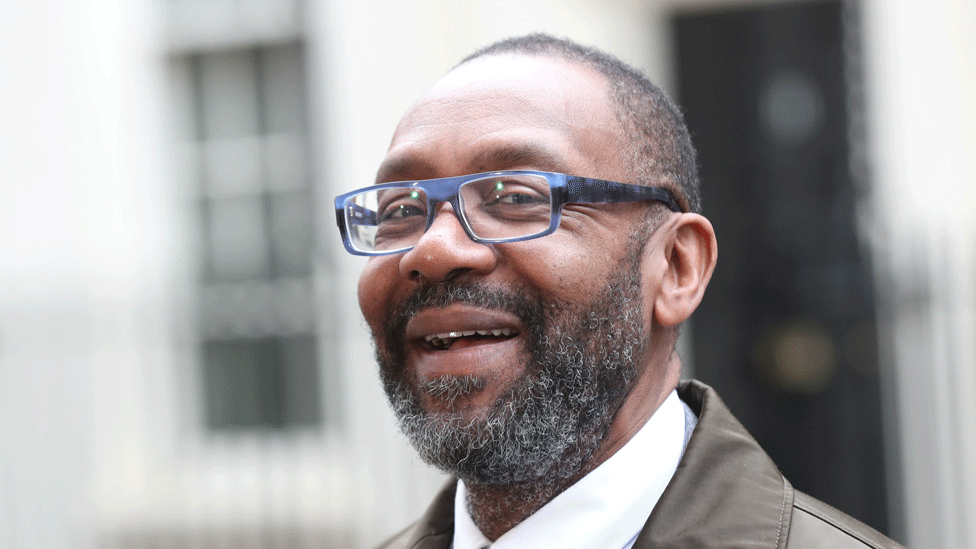
- Published17 April 2019
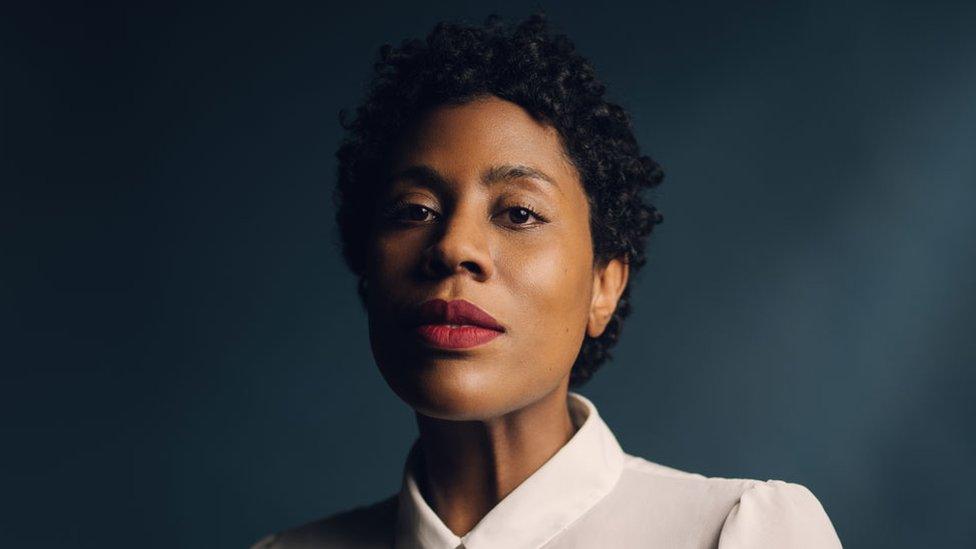
- Published14 September 2017
